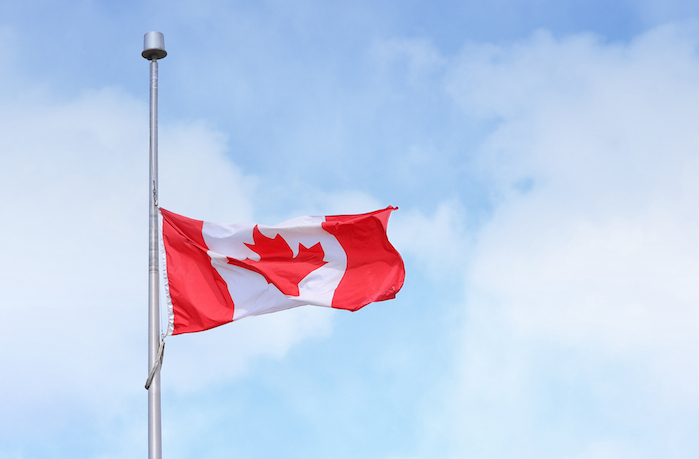While federal legalization of cannabis remains a pipedream in America, it’s not the same story for our neighbors to the north.
During his successful 2015 campaign for Canadian Prime Minister, Justin Trudeau promised voters he would work to legalize pot if elected. Trudeau emerged victorious, and has followed through on his pledge, promoting legislation that would legalize cannabis by July 2018. By all reports the bill has clear sailing ahead to become law as Canada becomes the first major economy to fully legalize pot.
What can American take away from Canada’s push for recreational marijuana? There are a number of points to consider.
1) Safety, First
Safety is a common issue cited by U.S. states that have been slow on legalization rather than rushing in. Unknowns that recreational cannabis poses for public safety remain a serious concern.
Canada has been proactive on safe pot laws and programs before legalization becomes official.
The government is creating a $1.9-million advertising campaign that warns against the dangers of driving while stoned. These ads are meant to “reduce [the] percentage of Canadians that say they would be likely to accept a ride from someone under the influence of marijuana,” according to CBCNews.com.
The campaign will include social media, print, radio and TV. Of particular concern are young Canadians between 16 and 24 years old, who may have more lax attitudes towards drivers operating under the influence of cannabis.
The program would also empower police to administer mouth swabs for drivers they suspect to be stoned or on other drugs.
This comes after a recent study commissioned by the Health Canada found that more than one quarter of Canadians have driven while stoned. More than one third of those polled have ridden in a car with someone stoned, including 42% of those between the ages of 16 and 24.
2) The Industry Wants Marketing Regulations
A number of Canadian Cannabis industry members, including distributors, have requested that the government crack down on marijuana advertising. Their objective is to help keep product out of the hands of minors.
One suggestion is barring celebrities from promoting pot, which technically is legal right now in Canada. Other requested enforcements include strict oversight of online cannabis marketing, requirement for Canada’s Advertising Standards Council to approve all industry marketing, and the ban of infused products that could appeal to children — like gummies.
These laws would all come with strict punishments for businesses that break them.
The Canadian Public Health Association has gone as far as to request the total ban of cannabis marketing. Unlikely as that is, the association has also indicated that it would settle for a rule keeping cannabis advertising only in retail locations that disallow minors.
Colorado does not allow advertising online, in print, TV or radio unless the advertiser can prove that “no more than 30 per cent” of the audience is underage.
3) Will Canada Run Out of Pot?
You probably never thought you’d here this problem: Canada’s government is legitimately worried that it does not have enough marijuana.
Bloomberg reports that as the country readies for the 2018 deadline, some fear that legal growers lack sufficient crops to meet what many believe will be immense consumer demand. Many producers are reportedly still in the process of getting their operations up and running.
Which brings up another issue. If there is not enough legal pot to satiate customers, will those same people then turn back to the black market? Part of the impetus behind legalizing pot, of course, is to curb illegal sales. How ironic, and unfortunate, then, if Canada’s push to legalize ended up being a boon for the black market.
At least it would likely be temporary, at best, as legal growers ramp up operations to meet demand. “Initial sales will probably be online and by mail as it wouldn’t be possible for the market to stock enough inventory in government dispensaries across the country,” reports Bloomberg.
The division of the Canadian government responsible for approving producers — Health Canada — has promised to expedite the process as much as possible. The legal marijuana market in the country is already strained as existing producers struggle to keep up with the demand for medicinal marijuana.
Altogether it lends credence to other countries or U.S. states that have chosen to start slowly with cannabis, rather than set any hard deadlines to achieve for rolling out legalization.
Kyle Swartz is editor of Cannabis Regulator. Reach him at kswartz@epgmediallc.com










